Perception is, by far, the most used skill in Dungeons & Dragons 5E. The need for adventurers to see and identify threats in battle is far too important. However, the DM has the ability to let you look for things without actively doing so. Because of that, it’s important that you can calculate your own passive Perception in 5E. Increasing your own ability to see targets without rolling will prevent ambushes and might let you see traps early.
While the active check allows you to locate hidden objects or see enemies, the Passive Perception check is designed to be something other creatures roll against. For instance, if an enemy is trying to hide from the party, their Dexterity (Stealth) check is rolled against the Passive Perception DC of any party member who can potentially see their hiding place.
The same thing goes for players who are trying to hide from enemies. Passive Perception is how good a creature is at noticing something when it is not trying hard to look—such as using your peripheral vision.
How to calculate your Passive Perception in 5E
To calculate your passive Perception in 5E, you just need to add 10 to your Perception modifier. Perception is a Wisdom-based skill, so by default, the calculation is:
10 + Wisdom modifier + Proficiency bonus (if applicable) + advantage bonus/disadvantage penalty
For example, Alara is a level one Druid with proficiency in Perception and 16 Wisdom. That means her Passive Perception is 15 (10 + three + two). However, if Alara did not have proficiency in Perception, she’d still have a passive score of 13.
If, for whatever reason, your character has advantage or disadvantage on Perception checks while a roll is being made against your Passive Perception, you get a bonus. Advantage adds five to your Passive Perception and disadvantage subtracts five. Alara does not have low-light vision, for example. So, if an enemy is hiding in full darkness, her Passive Perception drops to 10, since she can’t see in the dark.
Remember, if you have both advantage and disadvantage, they cancel out. If you have multiple sources of advantage, you do not get a plus-five bonus for each of them. Similarly, if you had three sources of disadvantage and one source of advantage, your total advantage bonus/disadvantage penalty is still zero.
Monsters work much the same way. A DM will add 10 to their Perception, which is either listed on the sheet of the monster or is just their raw Wisdom modifier. Many monsters have abilities like Keen Senses which may automatically apply advantage on their Perception.
How to improve your Passive Perception in 5E
The most common way to improve your Passive Perception is to gain advantage on Wisdom ability checks. If you have advantage on that kind of check when a roll is made against it, your Passive Perception gains a massive plus-five.
With extra commitment, getting proficiency or expertise in Perception will permanently improve the passive score, allowing for more consistent, higher DCs. There are a few ways to get more bonuses to only Perception, if you are looking for that.
Advantage on Wisdom checks is tricky but doesn’t require much commitment at all. The Sentinel Shield is a classic way to gain permanent advantage on the roll, for example. This shield also gives advantage on initiative rolls, making it a classic for combat. The Rod of Alertness is a powerful magical item that provides the same benefit, as well as spell access and the ability to turn into a protective aura. However, it suffers from requiring attunement—something the Sentinel Shield doesn’t need.
Perception proficiency is fairly hard to acquire and not all classes offer it by default. So, if you want it, you might need to look for backgrounds—like Sailor—which provide it. Races, like Elf, can get it as well.
If you want to further improve your passive Perception, you can gain expertise in it. Expertise is a rare bonus, most commonly given to Rogues and Bards, which doubles your proficiency bonus. For instance, if a level one Rogue has Perception expertise, they add plus-four to the skill instead of plus-two.
Do any classes improve Passive Perception?

Other than the previously mentioned expertise, some 5E classes have other methods of improving their Perception through class abilities.
- A Bard, with Jack-of-all-Trades, adds half of their proficiency bonus if they are not proficient in Perception already.
- The Circle of the Shepherd Druid, with a Hawk Spirit active, may grant advantage (plus-five) on Perception checks to allies. The Unicorn Spirit confers a similar benefit, but only to detect creatures in the aura.
- Rangers in their Favored Terrain double their proficiency bonus if they are proficient in Perception. They can use Deft Explorer instead to have permanent “expertise” in the ability.
- Mastermind Rogues gain advantage (plus-five) to it, but only to see hidden creatures. Inquisitive Rogues gain advantage if they only moved half of their speed.
How about class features that add dice to skill checks?
In some cases, like the Wild Magic Barbarian with the Bolstering Magic feature, a class feature or ability will add a dice roll to a skill check. These cases are up to the DM, but will almost always be denied. Passive Perception is designed to be a check that you do not roll.
Related: Baldur’s Gate 3 class tier list
However, like most buffs, make sure your DM is aware of it, in case they do want to implement the bonus dice onto the check.
Can I improve my Passive Perception with magic?
There are a few methods by which spells can improve your Passive Perception score in 5E. The most common way they do this is by giving advantage to your Wisdom ability checks. The following spells can improve your Passive Perception:
- Borrowed Knowledge allows you to gain proficiency in a skill you do not have proficiency with for an hour.
- Enhance Ability gives you advantage (plus-five) to all Wisdom ability checks.
- Hunter’s Mark gives you advantage (plus-five) on a single target.
Do spells that improve just one check improve Passive Perception?
Spells, like Guidance and Silvery Barbs, have the ability to improve a single skill check in 5E. However, since Passive Perception is not a skill check, it does not benefit from anything that would only apply to a single check. The magical buff must be a static improvement during the entire time that you are making the check in order to apply.
This is simply because passive checks do not require a die roll. Since you are not making a check, you cannot choose to apply buffs to a single check to it.
What feats will improve my Passive Perception?
There is actually a very specific feat to improve Passive Perception in 5E. The Observant feat improves either Intelligence or Wisdom by one, allows you to read lips, and grants a plus-five to Passive Perception and Investigation rolls. While typically too niche to be relevant, someone looking to really dominate the non-rolled check game should consider taking it.
That being said, you can also use feats like Skilled or Skill Adept to get the proficiency ball rolling. Skilled simply provides proficiency in three skills or tools, while Skill Adept improves a stat, gives your proficiency in a skill, and gives you expertise in any skill you’re proficient with. That lets anyone get expertise in any skill, including Perception.
Does Passive Perception have any temporary debuffs?
Now, how can you make it harder for someone to see you in 5E? Debuffing Passive Perception is almost universally through applying disadvantage to a target. The -5 penalty is a huge downgrade, and there are all sorts of ways to provide disadvantage!
Let’s talk through some of them.
- Magical disadvantage. Magic has a few specific ways of applying disadvantage to foes’ Perception checks, therefore applying a minus-five to Passive Perception. A few of the following spells do so:
- Enthrall specifically debuffs Wisdom (Perception) checks to notice others. It is the most relevant example of a spell that mentions the skill.
- Bestow Curse, if you target Wisdom, will force the target to take disadvantage on all Wisdom ability checks.
- Hex does a similar thing to Bestow Curse and at range.
- Putting a target to sleep or forcing them to close their eyes is a great way to guarantee disadvantage. Blindness/Deafness or Sleep are two early ways to do so.
- Staggering Smite applies disadvantage to all ability checks on a successful attack. Other spells, including ones like Eyebite, which apply disadvantage to all ability checks will apply that minus-five to Passive Perception.
- Obstruction of vision. Magical obstruction of vision is a great way to guarantee disadvantage on attacks. However, unlike spells that specifically apply disadvantage, these spells can be ignored by abilities such as Truesight, which see right through illusions. Some examples of spells that do obscure creatures include:
- Fog Cloud, which “heavily obscures” targets in the area. It’s difficult to see anything in or out of the cloud.
- Sleet Storm also heavily obscures targets, though it also deals damage and applies difficult terrain. Other spells that do so include magic like Incendiary Cloud.
- Darkness provides an aura of magical darkness, which is so dark that characters can’t see through it even with dark vision. Spooky!
- Non-magical disadvantage. When considering how to apply disadvantage on Perception checks, your environment is a huge consideration. You can distract foes from your position by moving when wind is gusting or when a loud noise occurs. You can throw dust in the eyes of your foes or clap their ears so it’s difficult to hear correctly. A lot of these situations will require skill checks or difficult attack rolls themselves but are worth considering if you want to succeed against a foe’s Passive Perception.
- Sleeping or another source of un-preparedness. Passive Perception is, naturally, your minimum ability to notice things. If the target is asleep, preoccupied, or busy, they will likely have disadvantage on Passive Perception.
This is not an exhaustive list. Many spells used creatively can theoretically obscure or heavily obscure the location of an ally. The Wall spells, such as Wall of Fire or Wall of Wind, could provide the smoke or noise cover that a character needs to apply that minus-five to Passive Perception.


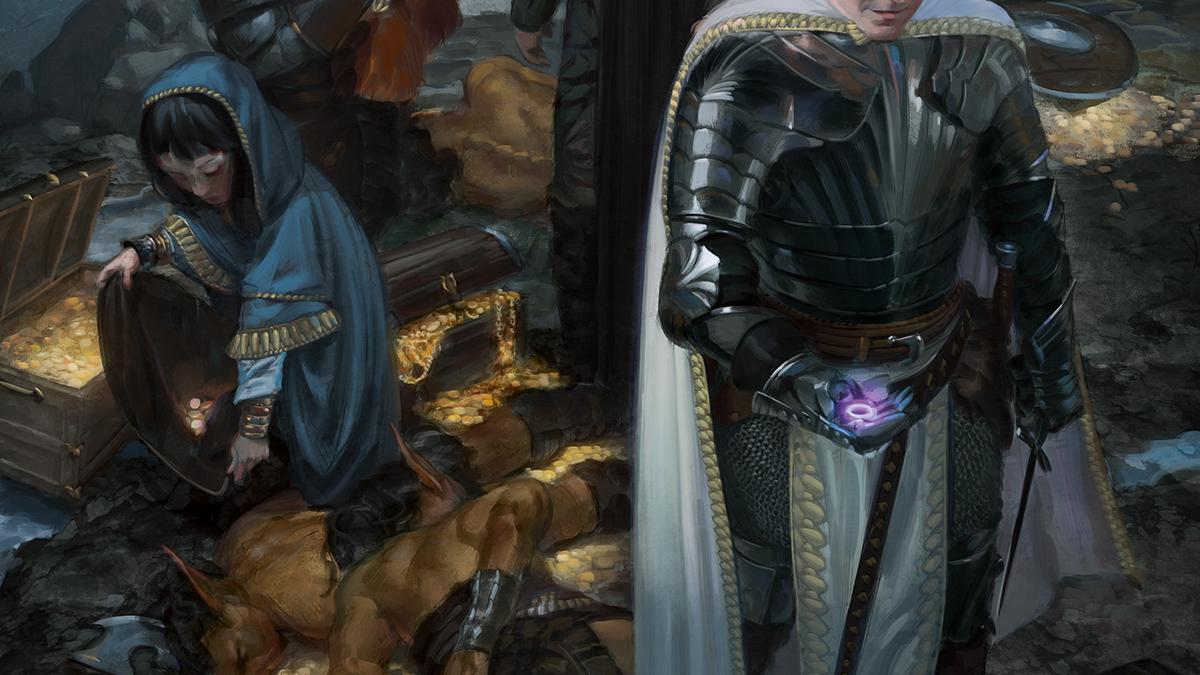

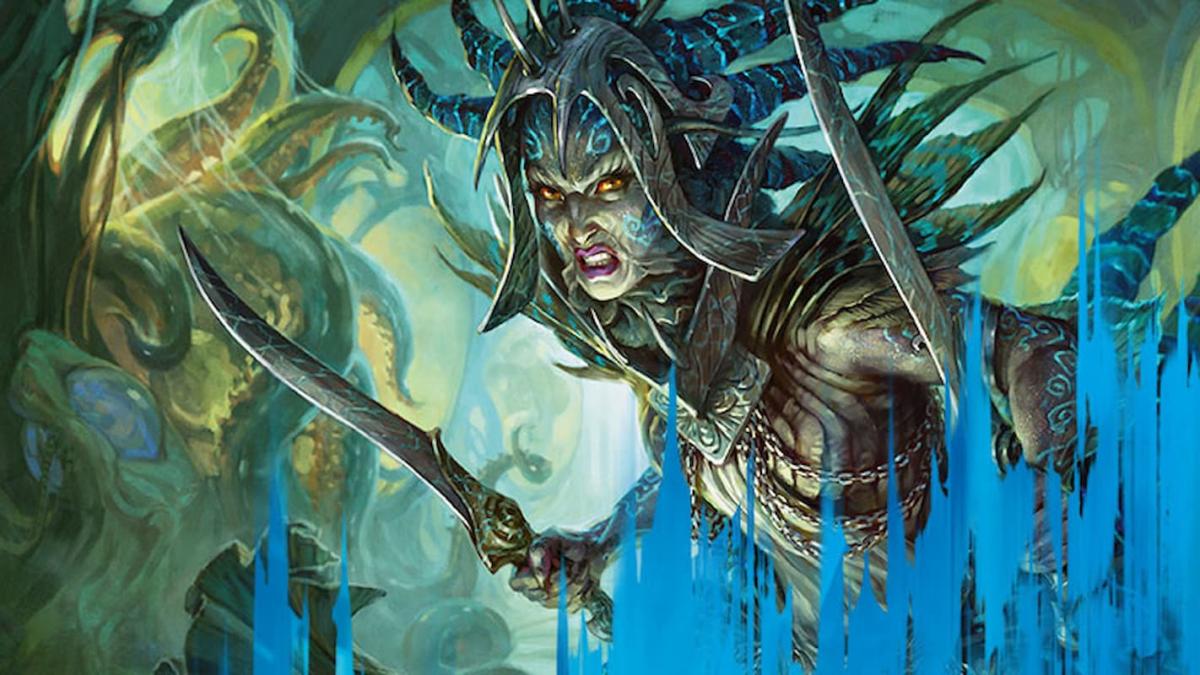
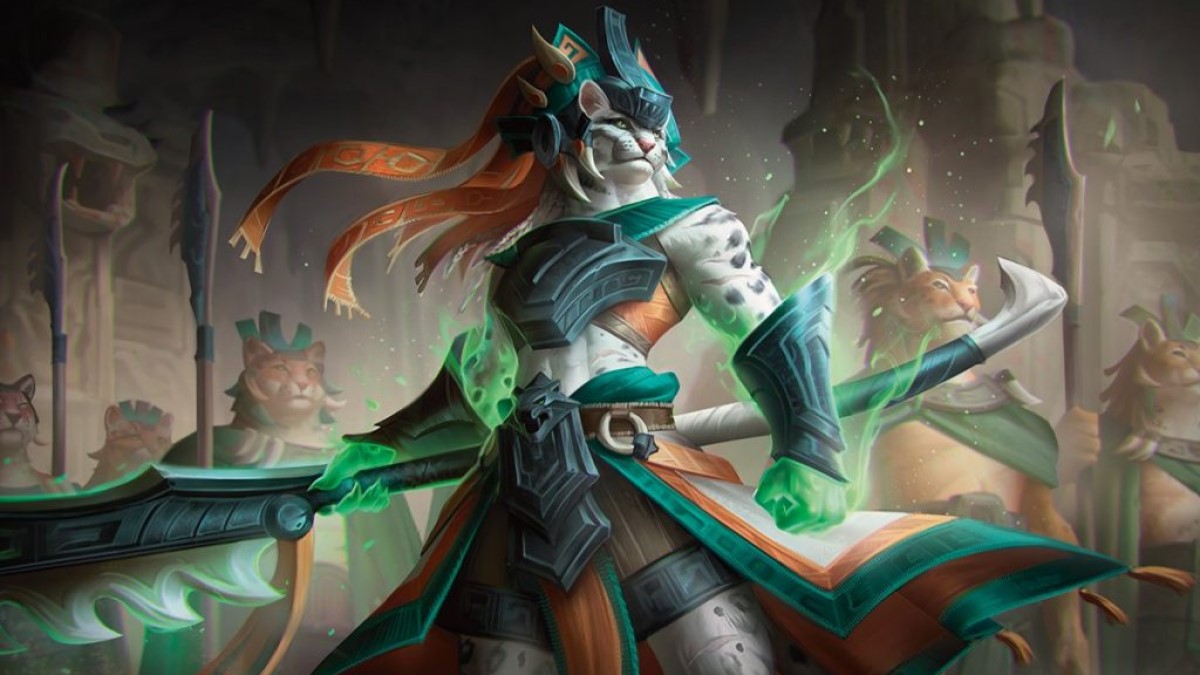
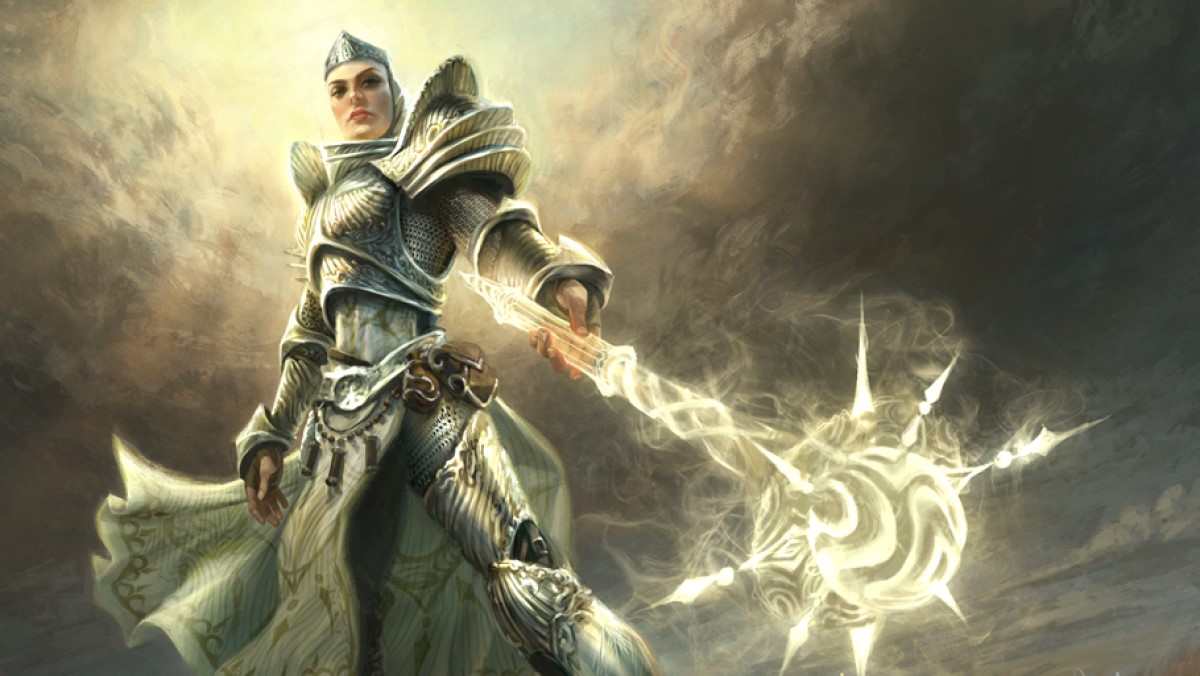

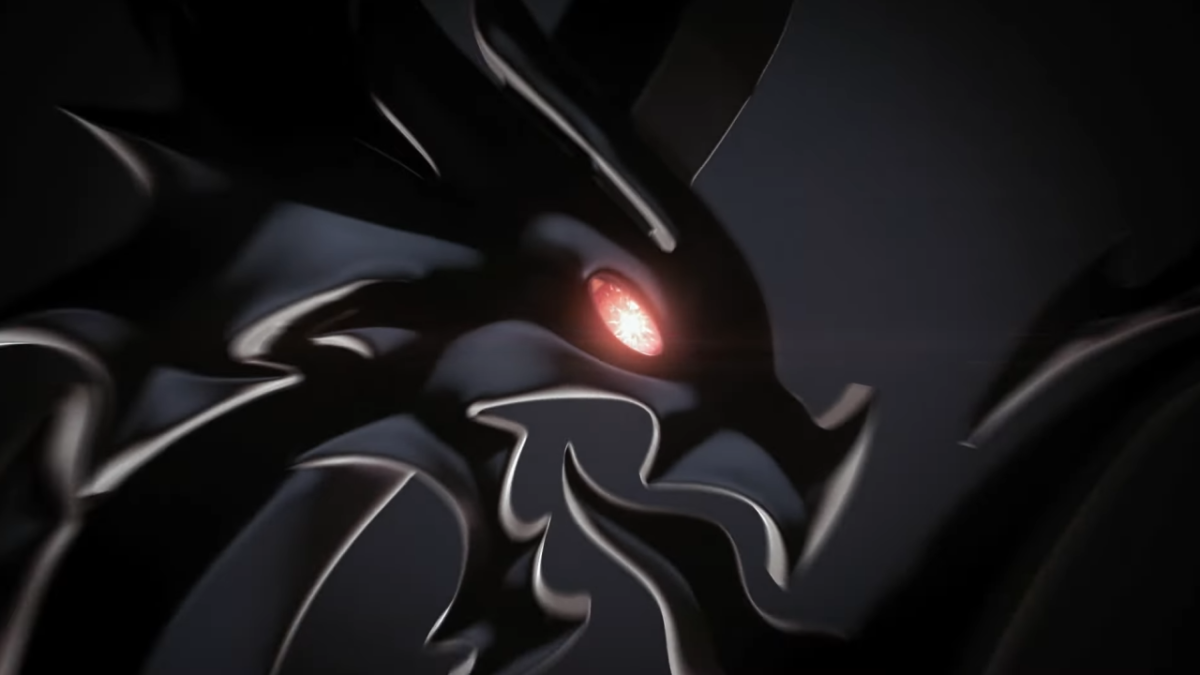


Published: Aug 5, 2023 01:58 am